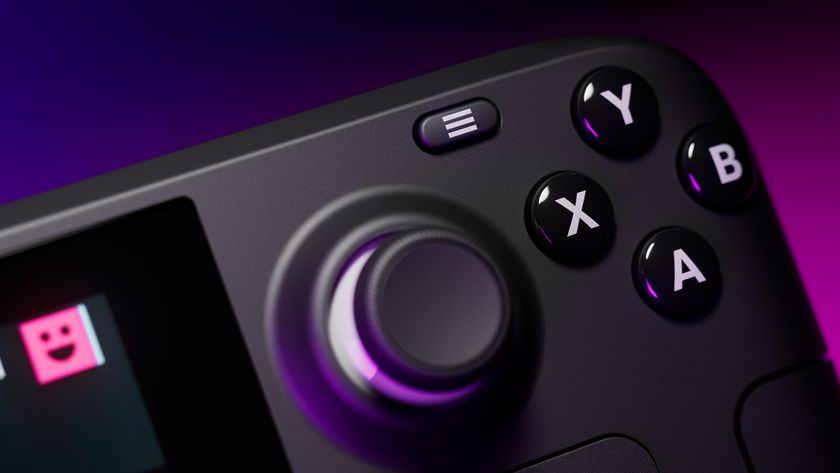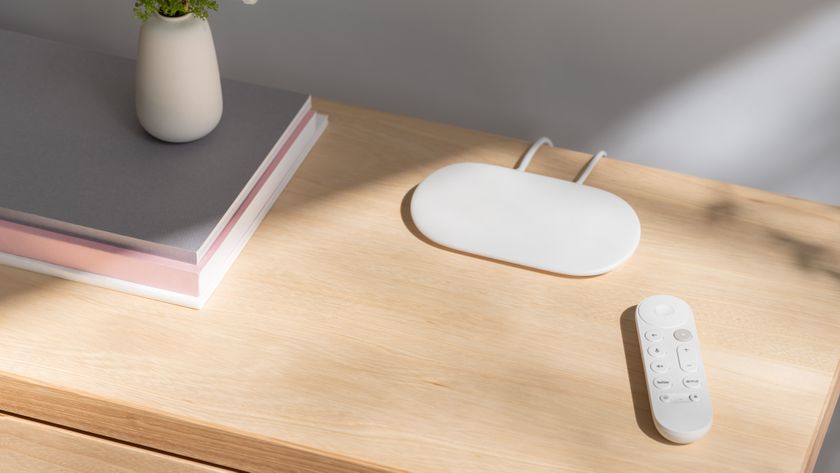The latest Steam Deck update includes a feature that fans have been begging for
Per-game performance settings are a very welcome addition

The Steam Deck has received a fresh update which introduces a number of tweaks, including something that many gamers have been hankering for – namely per-game performance settings.
This means that you can now implement performance settings for individual games, so specific titles can be tuned based on your exact needs, and you don’t have to constantly reapply appropriate frame rate limits or refresh rate caps (and other bits and pieces) every time you play.
If you don’t specify any individual settings, any given game will simply revert to using the default system performance choices as normal.
As Valve explains, how it works is when you’re running a game, you head to Quick Access Menu > Performance > Advanced View, and then switch on the per-game settings – whatever performance settings are tweaked will then be saved for that game, and automatically applied when you next fire up the title.
As ever, the client update applies a bunch of bug fixes, and it also makes some minor tweaks to the interface, such as removing the rumble and haptics toggles from the Quick Access menu (you can find these in Settings > Controller Settings).
Analysis: Resolving issues at a fair old pace
Per-game performance settings are so important because it was quite a bind to have to constantly redo these, as mentioned, and it can be pretty important to tweak some titles to get better battery life (imposing a stricter frame rate limit on a more demanding game, for example Elden Ring, so you don’t end up running out of juice too swiftly when out and about).
Valve is working quickly to address some of the bigger pain points with the Steam Deck, which is good to see, and that includes a fix for the noisy fan issue which has been a prominent complaint of late (albeit that solution is still in beta, but hopefully won’t be too far off full release now).
Get daily insight, inspiration and deals in your inbox
Sign up for breaking news, reviews, opinion, top tech deals, and more.
Another point to note is that with this new patch, Valve says it has “added Steam hardware survey functionality for Steam Deck”, so Deck owners should be properly included in Valve’s monthly reports going forward. We’d imagine that’ll have a fair old effect on Linux usage when it comes to gaming OS share on Steam, and exactly how much of an impact it’ll make will be really interesting to see…
Darren is a freelancer writing news and features for TechRadar (and occasionally T3) across a broad range of computing topics including CPUs, GPUs, various other hardware, VPNs, antivirus and more. He has written about tech for the best part of three decades, and writes books in his spare time (his debut novel - 'I Know What You Did Last Supper' - was published by Hachette UK in 2013).













